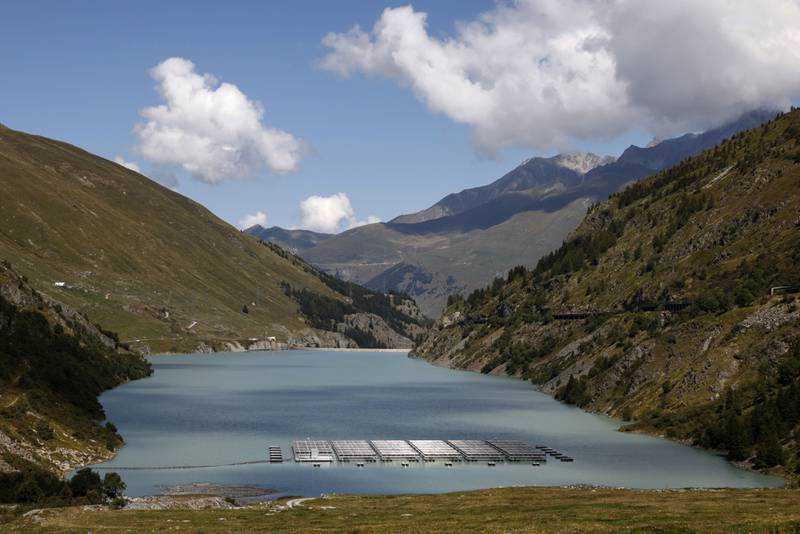Why financiers should not write off oil just yet
08 September, 2021

A storm is brewing – one we cannot allow to gain too much momentum. A pullback in financing for traditional energy platforms, notably oil, has emerged at a time when the volume of greener energy resources is not sizeable enough to plug the gap. Essentially, the “sunrise” aspect of lower carbon energy and the “sunset” aspect of oil markets risk are misaligned – and we do not want to be left in the dark. Worst case, this could jeopardise energy security – a throw of the dice that no public, company or country can afford.
This is especially true considering rising population rates and their subsequent energy demands. Unicef expects the population in the Mena region to double during the first half of the 21st century. The UN estimates a global population explosion of nearly 25 per cent to reach 9.8 billion people by 2050.
Ensuring everyone can reliably flick on the light switch and be able to power their vehicles is paramount, especially as we still lag in terms of capacity. More than 1 billion people worldwide still do not have reliable access to power.
Multiple factors are propelling the pullback on the oil markets. The primary drivers are the surge in global momentum for decarbonisation – greener energy markets are a linchpin to success – and the reduction in demand amid the Covid-19 pandemic.
Overall, oil and gas companies cut their capital expenditure by 34 per cent in 2020, slightly more than the initial 28 per cent reduction after crude prices plummeted in 2014, according to the Boston Consulting Group.
GCC countries have also been selling energy assets, with Saudi Arabia and the UAE spearheading the charge. In April, Aramco sold 49 per cent of its pipeline network to a US-led consortium in a $12.4 billion deal, while Adnoc raised $10bn by selling gas pipeline leasing rights last year.
Such moves are partly aimed at helping companies sustainably pursue their energy transitions without generating debt bundles, especially amid lower oil prices, which is a smart move.
This is also timely considering the risk of stranded assets. Around $900bn would evaporate if governments made aggressive attempts to restrict the rise in temperatures to 1.5°C above pre-industrial levels for the rest of this century, according to the Financial Times’ Lex column.
This is not just another blip in this boom-and-bust industry. After decades of analysts placing varying bets, peak oil is very much upon us. BP, TotalEnergies and others have suggested that oil demand could peak in this decade and Opec expects world crude demand to peak somewhere around 2040. But don’t write off oil just yet.
That greener energy will dominate in time, instead of black gold [an industry term used to describe oil or petroleum], is rightly inevitable. But pinning down the right pace of transition is both hard and critical – and some may be acting too soon. Of course, oil dynamics have taken a hit amid the aforementioned drivers. Global oil demand is unlikely to catch up soon with its pre-Covid trajectory.
In 2020 – the start of the the International Energy Agency’s forecast period – oil demand was nearly 9 million barrels per day, below the 100 million bpd level seen in 2019, and it is not expected to return to that level before 2023. But unless there are rapid policy interventions and behavioural changes, this is viable considering today’s change of pace. And then the longer-term growth drivers will push oil demand to 104.1 million bpd by 2026, which equates to a 14.2 per cent increase.
Without a crystal ball, we can’t determine the speed of oil recovery in different countries and regions. But there is no doubt it will recover to some degree, helping to soak up some of the glut from 2020 and further support prices, which is good news for oil-centric economies in the Middle East.
Energy forecasts up to 2050 are valuable in giving investors goalposts, but we can’t lose sight of sustaining energy security in the near-term; we cannot forget the here and now. So, when it comes to reallocating oil-related investments and divestments, a lighter touch may not be a bad idea, at least until the pandemic-triggered dust settles.
Source: www.thenationalnews.com
TAG(s):
